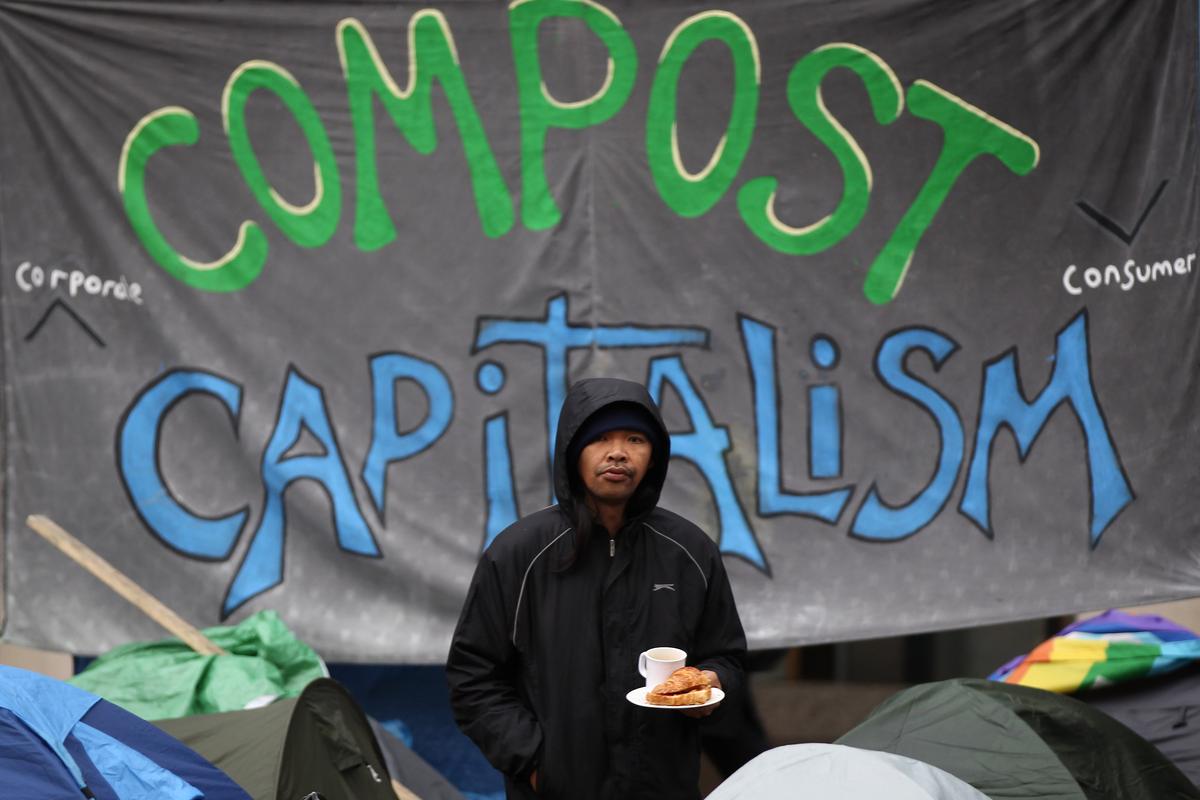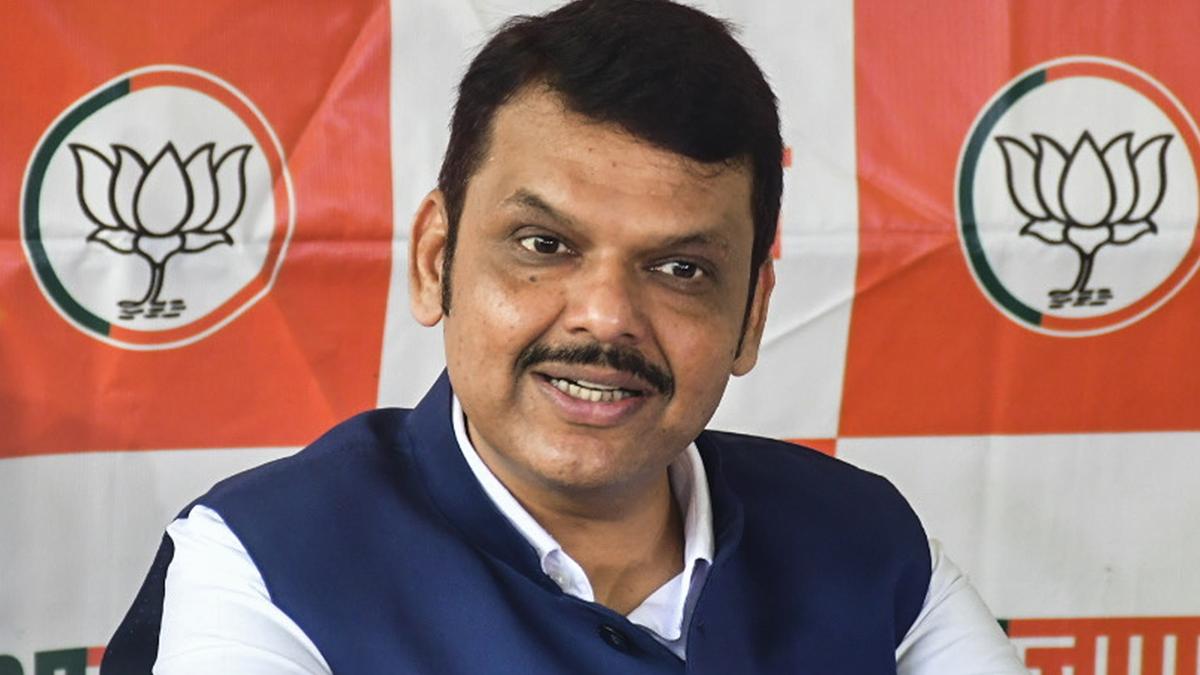Ruchir Sharma grew up in Delhi wondering what is wrong with socialism, but now he is grappling with what is wrong with capitalism. In his new book, What Went Wrong With Capitalism, he has a view, albeit not from the ringside, on how capitalism works, and when it does not.
As a Wall Street investor for decades, he is part of the cast and is at centrestage. Sharma traverses the two worlds of the U.S. and India, and democracy and capitalism. Strange as it might sound, Sharma writes that he is in agreement with a lot of what American Senator Bernie Sanders, who calls himself a socialist, says is wrong with capitalism. In fact, he is in agreement with many critics of capitalism, but disconnects with most of them on how to resolve its crisis.

Ruchir Sharma | Photo Credit: Special arrangement
‘Soulmate of democracy’
He does not push for more state intervention as is usually argued, but points out that its own restoration will save capitalism. Sharma detests socialism as much as he does sugar because he thinks both blight human capacity. Democracy and capitalism are “soulmates,” he says.

His father was a navy officer, causing a young Sharma, born in Tamil Nadu, to move across India, and then to Singapore, which turned out to be a moment of discovery for him. Singapore’s rise, Sharma concluded, came from the economic freedom it accorded to its citizens, despite the political restrictions. He developed a keen interest in reading, particularly on political and economic models, and philosophy. It was also the time the Soviet experiment was ending, and India was in liberalising mode. In 1992, by the time he was finishing school in New Delhi, Sharma had figured out enough about the world of finance to start writing a column for a business daily. He continues writing op-eds and books till date. “Capitalism is about giving people as much economic freedom as possible and socialism seems very oppressive. Socialism for me is about the government deciding for you what you should do, rather than you as an individual having the right to decide what you should do,” Sharma says.

People protest against global inflation. | Photo Credit: Getty Images/istock
That formative thought has remained unshaken for Sharma, despite the turmoil of democracy which many scholars link to capitalism. On the contrary, it is the “socialisation of risk” and “socialism for the rich” that are unsettling the U.S., Sharma counters. Sharma’s latest book was prompted when he noticed the distortions brought about by the government stimulus for the economy during the COVID-19 pandemic in the U.S. “Easy money and no accountability pushed capitalism into a crisis,” he says. Sharma pushes back against a widely-held belief that governments are in retreat since the dawn of the Reagan-Thatcher era. On the contrary, governments have continuously expanded in recent decades, through spending and regulation. “Such government interventions unfairly protect the incumbent and create barriers for the entry of new players.”

Fund focus
Sharma, an investor who handled billion-dollar funds at Morgan Stanley earlier, is now focussed on a relatively smaller fund on emerging markets. His fascination for big themes sits well with his day job which involves making investment decisions based on the political climate and policy trajectory of locations. But what motivates him are ideas, not money. It helps that both go together for Sharma. “My money is where my mouth is.”
“Money buys me the freedom to do what I want,” he says. He travels the world to watch films, sprints nearly every daily — his career best is 11.4 seconds for 100 metres — and keeps alcohol at bay. Most of Sharma’s friends are writers, journalists, and thinkers. Sharma and a handful of his friends set out on a road journey during the Indian elections whenever they happen. He hopes to see a more capitalistic India.

A man stands in front of an anti-capitalism poster in London. | Photo Credit: Getty images
What Went Wrong With Capitalism; Ruchir Sharma, Allen Lane, ₹999.
varghese.g@thehindu.co.in





